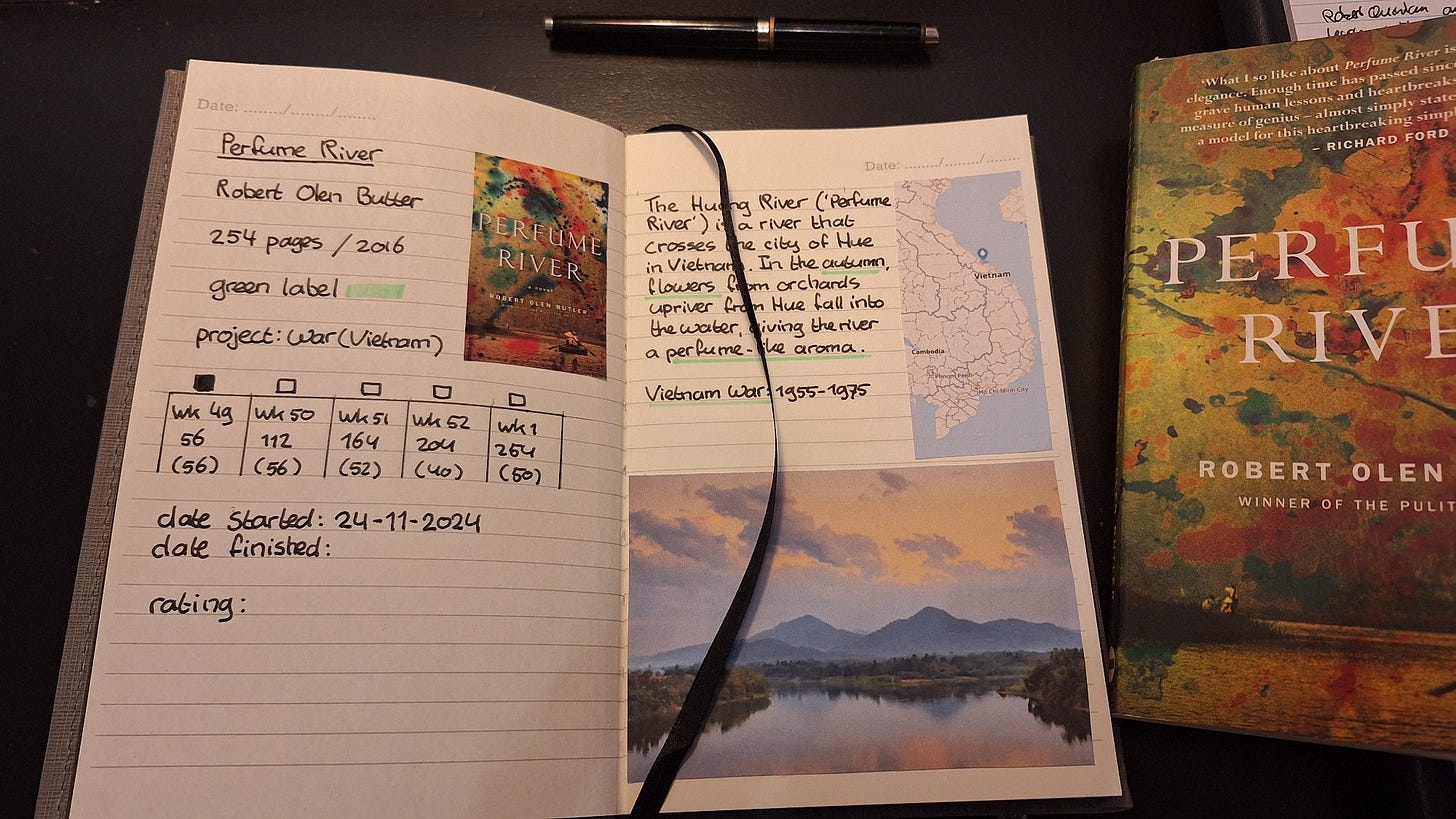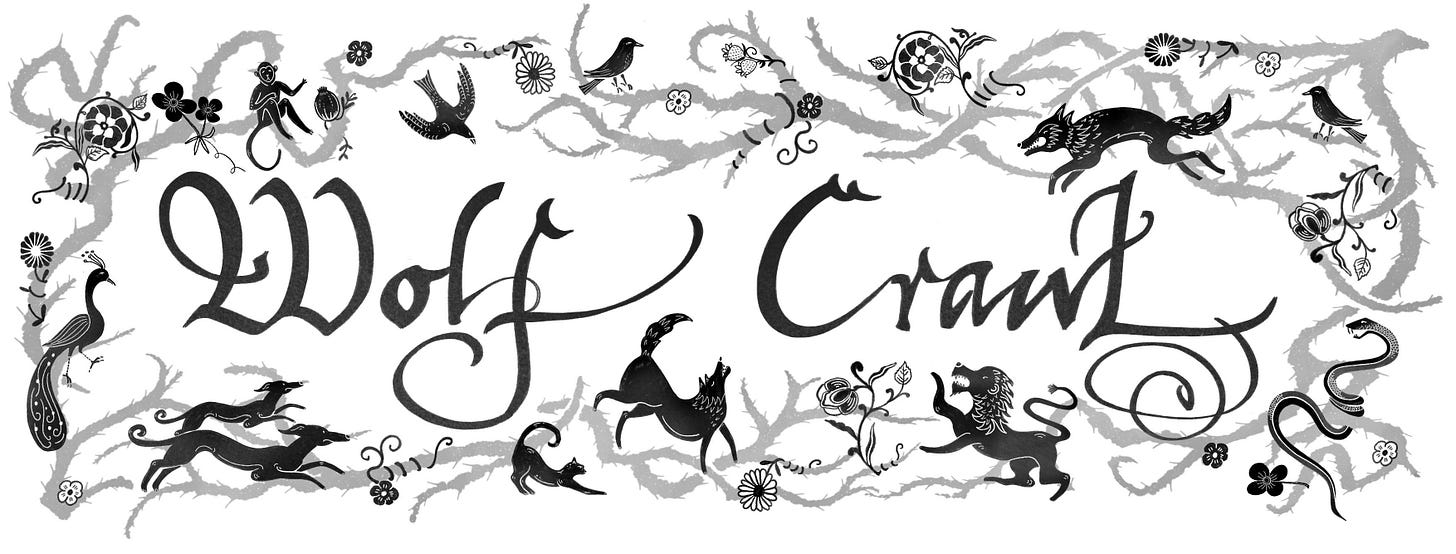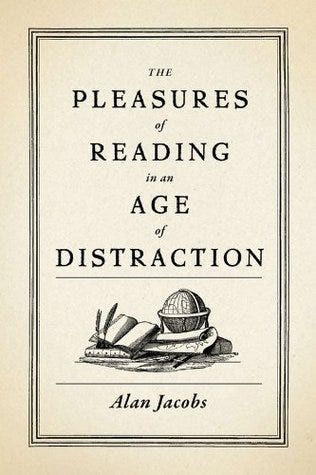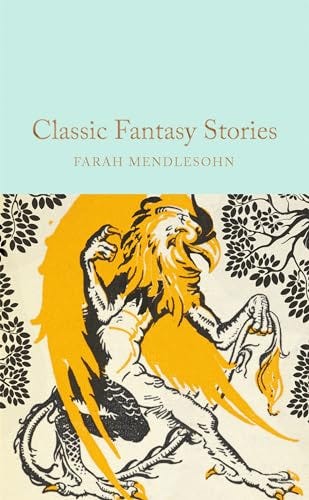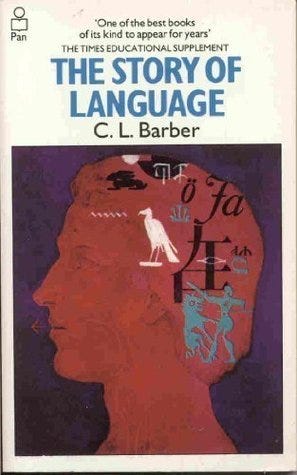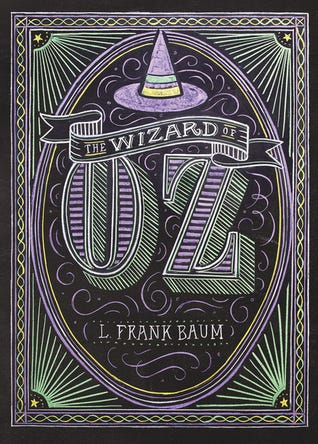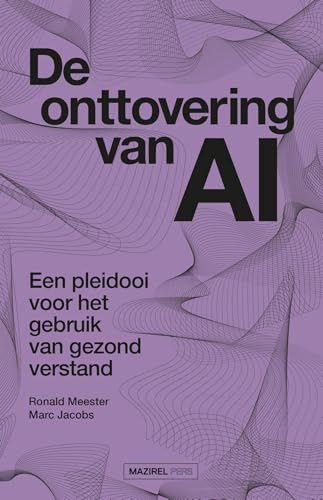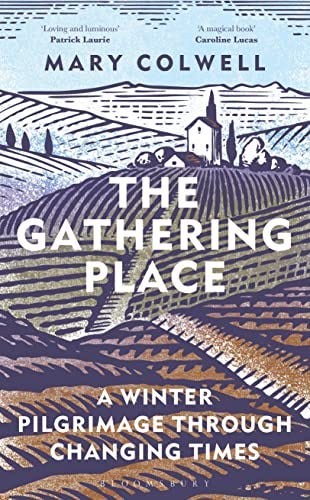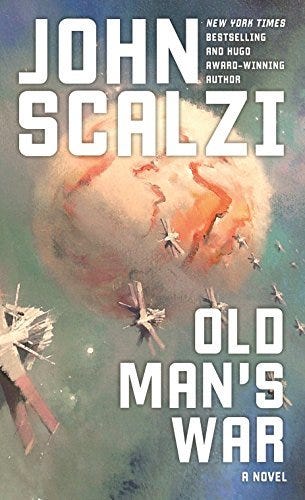Welcome to Flight 013 (January 2025)! This year I will make some changes to the Flights. If you have enjoyed the content so far, you don’t need to worry. There will be no changes in the provided material (actually, it could become more!).
When I started StarlingESL, I wasn’t quite sure who my audience would be: students or teachers. However, I have now decided to focus on (ESL) teachers rather than students. If you are an ESL student, you can still use the provided material. If you are a teacher, Flights might become more interesting.
I will share more about what I am working on and the things I do in connection to English and teaching. I hope I will inspire teachers to create their own material and develop their lessons in such a way it will empower their students to become critical, independent, life-long learners.
Feel free to ask questions about the projects in the comment section below. Whenever a topic is specifically for the Netherlands, I will use the Dutch flag ( 🇳🇱 ).
Don’t forget to share your comments on this new format at the bottom of this article. It helps a lot in figuring out how my ideas can help you improving your (ESL) lessons.
Flight 013
Flight 013 is now available for download. You can download the complete Flight 013 here (zip-file in Dropbox):
Flight 012 will still be available for a month.
Flight 013: Contents
Study Guide 019: failure
Study Guide 020: grit
4 OWL assignments
Advanced Grammar 008: tenses
Idioms 008: myths
Phrasal Verb 008: COME
Word Formation 008: BREATH
Listening 019 - 5-minutes On “Losing my life savings on a static caravan”
Listening 020 - 5-minutes On “Don't disable me - breaking barriers at work”
Speaking - Cooperation 008: relax
Speaking - Individual Long Turn 008: pollution
Speaking - Pronunciation 008: /k/ & /g/
Speaking - Presentations 08: answering questions
Essay Writing 05: the development of a paragraph
Some background
I have been an ESL teacher for about 18 years of which 14 at my current grammar school. This year I teach English as a Second Language in year 1 (UK Year 8 / US Grade 7 / age ~12), year 4 (UK year 11 / US Grade 10 [Sophomore] / age ~15), year 5 UK year 12 / US Grade 11 [Junior] / age ~16), and year 6 (UK year 13 / US Grade 12 [Senior] / age ~17) at VWO level, which is pre-university education.
Year 1 has two classes every week, year 4 has three, year 5 and year 6 each have two. This is below national average because we are a ‘gymnasium’ or grammar school so we need more room for Latin and/or Greek lessons.
I have many projects running and ideas are always popping up. Sometimes it just remains an idea, sometimes I experiment a bit, sometimes I have the intention to implement an idea long term. I will share all three kinds of ideas here.
Reading Journal
My year 4 is still working on their reading journal (we started in December last year). The goal of this project is to find an alternative for having students create summaries of their novels in years 5 and 6. Students need to read a novel and do an SPQR on their reading every week: Summarise, Probe, Quote, Reflect. They have no other homework. Every week they upload a picture of their journal on Teams. I will skim these pictures to see if they have done the work. In about 3 weeks I will collect these journals and read their contents. There is no marking.
The reading journal is more personal than having students create (or copy) a summary from the internet and should prepare them better for literature tasks and tests in years 5 and 6. The Reading Journal helps students to critical assess their reading and it also feels more valuable to keep through the years at school.
I will write an article on this project once it has been completed (expected mid-February). You can find more information on my BlueSky account.
🇳🇱 CITO Listening Test
Wednesday 22nd of January we have the national CITO listening test for year 6. We assess traditionally, which means we don’t use computers and check the tests manually (easiest test to check in the whole curriculum!). We don’t use the Woots platform during the assessment. It just makes the assessment unnecessarily complicated for supervisors.
Apart from the traditional question types, CITO has introduced two new types of questioning: notetaking or ‘listening globally’ (since 2020) and selective listening (since 2024). You can use the “5-minutes On” assignments for extra notetaking practice.
Selective listening is more difficult to find or create practice material. Last year both the practice and the test were taken from “Moral Maze”, a BBC program which uses ‘witnesses’ to share ideas and opinions. It helps, also in general, to advise students to listen to a couple of episodes because of its layering (presenter, guests, and the guests’ witnesses).
Selective listening also shows similarities with Cambridge for Advanced (CAE) Paper 3 parts 1 and 3. Both parts are presented twice and both parts have multiple questions per extract. Part 1 has shorter extracts but there are 2 questions per extract. Part 3 has six questions.
Don’t forget to advice students to mindlessly doodle during listening whenever they feel they lose focus. They can try this out during practice tests and see if it helps. Underlining key words and phrases in the questions and answers also helps in retaining attention. It is also important they listen to the full extract before making a definite decision on an answer. CITO sometimes has some tricks up their sleeve.
The Wizard of Oz
Year 1 will start reading The Wizard of Oz at the end of this module (March) and continue in the next. You can download the book for free at the Gutenberg Project. I like this book because its plot it straightforward, the archetypes are clear, and its message is pretty much in your face. It is also a classic, which I find important to teach at school (just like the simplified version of Alice in Wonderland we did in module 1).
My main goal will be reading enjoyment for this is important for keeping pupils’ interest in reading in their school career. This means that there will not be a test and I will not be too technical with the story.
The book is very explicit in its messaging like seeking something that you already have. So, I think I will focus on the layering of the storytelling, something I also teach in year 4:
Layer 1: understanding what’s going on (understanding the words)
Layer 2: understanding the context (i.e. the effects within the text; how is it constructed)
Layer 3: understanding beyond the text (what does it tell us about life and the human condition?)
However, there is still some brainstorming to do here.

AI feedback
I am working on an article on feedback by AI for my other drakenvlieg Substack (non-Dutch readers can use my website as an alternative, which has a built-in Google translate function: www.drakenvlieg.nl). I have (re-)read some books about feedback and am now reading some scientific articles on AI feedback, though there is not a lot.
It is an interesting journey and as things stand right now, I am not sure if I’m even going to put my year 4 students to the test of AI feedback. Maybe I will let the AI generate some feedback that I will analyse, but to let my students use GenAI might be detrimental to their writing skills. I have a few weeks to consider.
Wolf Crawl
A more personal project is the Wolf Crawl at Footnotes and Tangents (Simon Haisell’s Substack). Wolf Crawl is a slow-read project in which you read the Wolf Hall trilogy by Hillary Mantell in one year. To get full access to the material you need to subscribe, but I can say it is definitely worth it.
Almost a decade ago I made my first attempt at reading Wolf Hall but got stranded. Now, reading about 40-50 pages a week with the support of a plethora of historical backgrounds and text analyses, I am enjoying it a lot more and am even ahead of schedule. It is also great to become the student again and have somebody guide you through something complicated yet interesting.
Reading
★★★★★
I read so many books in December (thank you Christmas Break). The best read by far was How We Learn by Stanilas Dehaene. How we Learn is a daunting read that lets you look under the hood of the learning brain, showing all the technicalities of the engine. I must admit that at times I just nodded where Deheane lost me in the intricacies of Broca’s area, cortical folds, and the entorhinal cortex, but I got the general idea in those moments.
However, this is a must-read for anyone connected to education in some way. It is solid, it is profound, it is foundational. Yes, you will dive deep, yes, you will struggle, but you will also gain a better understanding how we learn best and why this is so.
★★★★☆
This book is a reaction to Adler's How to Read A Book. Jacobs opposes the idea of having a Plan but rather would read on a whim, or Whim, the informed whim. In Jacob's view reading should be a pleasure, not a high-brow endeavour to complete a list of 'the best works'. He also discusses libraries, education (skim at school, delve deep in leisure hours), and the loss of serendipity because of Google.
I agree with Jacobs that analytical reading does not bring you deeper into a book. Reading should be first and foremost an experience. However, Jacobs's criticism towards Adler seems marginal. The book is a whimsical approach to reading with its delights and challenges. I would have preferred a bit more structure, but maybe it would lose a bit of its charm.
★★★★☆
The problem with all collections of short stories is that some stories are great, some are awful, and many are in between. The main issue I have with this collection is, however, the title: Fantasy Stories. I would rather use the term 'Fantastical' stories as there are ghost stories, fantasy stories, magical realistic stories and some I can’t really fit into these categories.
Overall most stories are a fine read. I loved the poem"Goblin Market" being in this collection. Other stores I liked were "The Happy Prince" by Oscar Wilde, "The Folk of the Mountain Door" by William Morris (I have already started a novel by him thanks to this short story), and Gaskell's "The Old Nurse Story" (my favourite of the collection).
Because the stories a very different from each other you have to completely reset your reading mind. Yet, it is interesting to have this myriad of short stories about the fantastic. It expands your horizon and the majority is a joyful journey.
★★★★☆
I found this discarded library book at school. It is old, but therefore also has its charm.
This book should have been called The Story of the English Language. Although Barber does discuss other languages (connected to the Indo-European family) at the beginning, most of this book discusses the English language.
I am not sure for whom this was written. As a former English Language student I definitely loved the nostalgia of reading about Anglo-Saxons with their inflections, the Danelaw, and the intricacies of the Great Vowel shift again. However, although Barber wrote an accessible philological book, it tends to get bogged down by listing the many subtle changes that occurred through the centuries. This becomes even more problematic when these were not put in a table. Whenever Barber provided more context, more story, it caught my interest back again. Perhaps for this reason I liked The Adventure of English by Melvyn Bragg more.
Yet, for an actual language student the books feels falling short; just pinpointing some interesting tit-bits before moving on to the next change feels. Barber does provide some examples from Old English, Middle English and Early Modern English, but I would have appreciated a deeper dive.
If you want to skim English philology it is definitely a good place to start, as long as you don't try to memorize all the sound and spelling changes..
★★★★☆
Simple but so adventurous, there is no denial The Wizard of Oz knows how to keep pace. And although its messaging is in your face and its scenes repetitive, it knows how to keep the story interesting. The ending was a bit abrupt, but overall, it was a wonderful story.
🇳🇱 ★★★★☆
This book is about the human cost of technology, regardless of how advanced artificial intelligence becomes. True to the nature of philosophy, it does not provide solid answers but instead poses questions for readers to reflect on. Meester and Jacobs warn about the consequences of increasingly using and relying on artificial intelligence without question. While it does not offer profound insights, it does serve as an important cautionary note for every user of AI.
🇳🇱 ★★★★☆
An informative book about feedback as a process. The authors use the concept broadly and provide not only ideas but also experiences from teachers. A foundational book for anyone who wants to work with feedback in the classroom.
★★★☆☆
The Gathering Place is a book about Mary Colwell walking the Camino Francés to Santiago de Compostela during COVID times. According to Colwell herself it is a gathering journey, not a guide. She ruminates about a myriad of items, memories, and encounters. In modernist fashion her mind is triggered by the things she hears and sees on her travel.
But here also lies a problem: sometimes her meanderings to the past take too long by presenting long journal entries of other trips to Antarctica, Papua New Guinea, and the John Muir Trail. At times those entries seemed to show more interesting journeys than the Camino Francés and at the end of Colwell’s Spanish journey I lost most of my interest.
★★★★☆
My guilty pleasure of the month. I am not a big science fiction reader. I do like science fiction series and movies (though I am picky). This novel avoids a lot of technobabble which usually puts me off. I want to read a good story in space and Old Man's War is a good story in space.
The premise, for me at least, is original. The elderly have an option to go into space and fight a war. It has some interesting takes on what makes a person and the importance of body and mind. It raises some interesting questions on being just 'a cog in the machine' and how to (mentally) survive the mayhem enfolding in space.
But most of all, it is a solid story (in space with space ships, aliens, and guns).
Novel of the Month
The Novel of the Month is Oryx and Crake by Margaret Atwood. It is part of a trilogy (the other being The Year of the Flood and MaddAddam). This novel can not only be seen as speculative or dystopian fiction but also touches the science fiction genre, making it an interesting novel for students who already read fantasy and/or science fiction but have trouble getting into the literature genre.
Set in a post-apocalyptic world, Oryx and Crake follows the story of Snowman, the last human survivor, as he reflects on his past and the events that led to the destruction of society. It explores themes of scientific ethics, genetic manipulation, and the consequences of unchecked technological advancement.
Author: Margaret Atwood
Year of publication: 2003
Pages: 389
CEFR: B2
Plot Complexity: moderate
Language Complexity: moderate
Ideas Complexity: moderate
You can find more novel ideas at www.rookreading.com.
Poem of the Month
This poem is about freedom. Freedom from obligation, freedom from social expectations, freedom from the past. It is about living in the moment and neither looking at the past nor the future, not aiming for more, nor settling on less. Perhaps we need more pie in life, and less crust.
Promises Like Pie-Crust
Christina Rossetti
Promise me no promises,
So will I not promise you:
Keep we both our liberties,
Never false and never true:
Let us hold the die uncast,
Free to come as free to go:
For I cannot know your past,
And of mine what can you know?
You, so warm, may once have been
Warmer towards another one:
I, so cold, may once have seen
Sunlight, once have felt the sun:
Who shall show us if it was
Thus indeed in time of old?
Fades the image from the glass,
And the fortune is not told.
If you promised, you might grieve
For lost liberty again:
If I promised, I believe
I should fret to break the chain.
Let us be the friends we were,
Nothing more but nothing less:
Many thrive on frugal fare
Who would perish of excess.


